Women's empowerment: Reflecting on the highs and lows
‘Much has been done but much still needs to be done’.
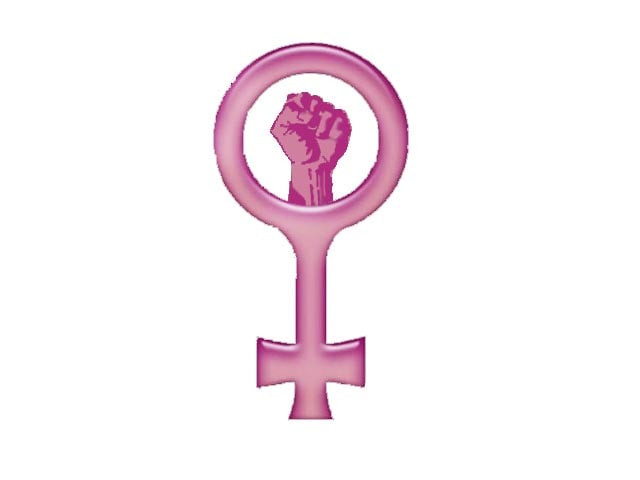
“It wasn’t like the way people struggle these days. That movement stood for education of women, alleviation of poverty,” reminisced Rights and Social Activist Nageen Hyat, who was part of the movement back then.
They were protesting against cutting education to girls, schools being bombed, teachers being victimised and killed, and the imposition of burqa in wake of the so-called ‘Islamisation’ of Pakistan.
The movement was instigated by Women’s Action Forum, founded by Hyat in 1981, after Fahmida and Allah Buksh were sentenced and stoned to death under the Zina Ordinance.
The security forces tried to silence their voices by charging them with batons and throwing them in the lockup. But their voices were not crushed, and the day went down in history as “National Women’s Day”. The day reflects the force used by women representatives for acquisition of their legal rights.
Commemorating the day, Aurat Foundation and Oxfam-GB jointly organised an event to pay tribute to “Women’s Leadership at Grassroots Level: Actions & Achievements” on Friday at Islamabad Hotel. Prominent social figures including Asma Jehangir, Nageen Hyat and Dr Samina Khan among others actively participated in the event.
Hyat said, “Most laws are un-Islamic and against women and minorities. The Islamisation process was forced upon the nation from 1979 onwards and the Hadood Ordinance with its retrogressive measures became firmly entrenched in Pakistan’s political and legal system.… Change can come only through education.”
Mukhtaran Mai, the chief guest and an icon of struggle and courage in Pakistan and abroad, shared snippets of her poignant struggle, “I’m uneducated and hail from a conservative and average origin where women do not have a strong social or financial status.
“I did not even know what organisation meant before 2002, when I mustered up the courage to form my own. We all know what happened. Yet I was fortunate enough to meet educated women through the foundation. They lent me support and I mustered the courage to stand up. Today I’ve built a school, a shelter home and a resource centre for girls.”
Aurat Foundation had invited representatives of groups of women leaders to share their stories of struggle for gender equality and political rights with women from grassroots invited at the event.
Women’s Leaders Group comprises fifty women leaders from thirty districts of Pakistan, who are provided leadership training by the foundation.
The foundation’s Chief Executive Office Naeem Mirza started by narrating the story of injustice and violence against Haleema Bhutto. He read out an appeal by her, demanding justice. She said, “If they [the government] can’t give me justice after sitting on Benazir’s seat, then what good are they for?”
The session took a sombre air, moving many to tears.
Haleema Bhutto, from Ghotki is currently entrenched in front of the National Press Club in Islamabad. In March 2010, her husband declared her kari, and the village panchayat declared her punishable by death. To save her life and struggle for justice, she came to Islamabad. She will remain persistent until justice comes.
Then representatives of the foundation from different cities gave in-depth accounts of their activities and work for women.
Notably, Qamar Bano from Jacobababad founded the Madiha Welfare Centre to cater to women with disabilities and teach their skills.
Another centre for education and skills’ development in Rawalpindi has so far registered 600-700 girls, who will get educated till matriculation, according to Razia Sultana, the foundation’s representative from Rawalpindi.
Women might have marked the day as their own, but their fight is far from over. Women still face numerous threats and dangers in the name of honour, said an emotional Dr Amna Solangi. Similarly Supreme Court Advocate Sarkar Abbas highlighted the discrimination being faced by female lawyers, especially in elections in bar associations.
Published in The Express Tribune, February 12th, 2011.


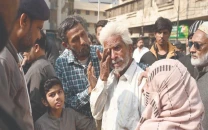

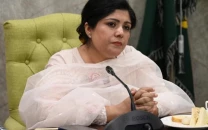
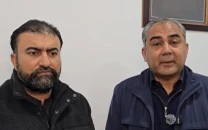
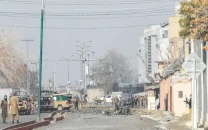












COMMENTS
Comments are moderated and generally will be posted if they are on-topic and not abusive.
For more information, please see our Comments FAQ